Oscars to Recognize AI-Generated Films: Academy Sets New Guidelines Amidst Controversy
The Academy of Motion Picture Arts and Sciences (AMPAS) has announced significant changes to its eligibility rules regarding films utilizing artificial intelligence (AI), paving the way for AI-assisted projects to contend for top awards, including the coveted Oscars. In a landmark decision unveiled on Monday, the organization stated that the use of AI and other digital tools will ‘neither help nor harm’ a film’s chances of nomination – effectively opening the door for AI’s role in filmmaking.
The shift follows a surge in AI’s application within the industry, exemplified by this year’s Oscars where Adrian Brody won Best Actor for his performance in *The Brutalist*. The film employed generative AI to subtly enhance Brody’s Hungarian accent during a key scene. Similarly, the Oscar-winning musical *Emilia Perez* reportedly utilized similar voice-cloning technology to refine singing voices. These advancements have fueled rapid development and increased adoption of technologies like ChatGPT, capable of generating text, images, audio, and video based on simple prompts.
However, the Academy’s guidelines emphasize a continued focus on human involvement in the filmmaking process. The Science and Technology Council within AMPAS recommended these changes, highlighting the importance of recognizing the creative contributions of filmmakers. Furthermore, significant rule adjustments have been implemented for Academy members. All nominees must now watch every film in their respective category before participating in final voting rounds – a substantial undertaking designed to ensure thorough evaluation.
The announcement has ignited debate within the industry. Concerns remain regarding the potential displacement of human actors and screenwriters, stemming from anxieties about AI’s ability to replicate performances and generate scripts. During the recent Hollywood strikes, actors like Susan Sarandon voiced fears about having their likenesses used without consent, while writers expressed concerns over studios seeking cost-effective alternatives to human labor through tools like OpenAI’s ChatGPT.
Safeguards were established as part of the settlement reached during the strikes, addressing some of these issues. However, voices of caution persist, with actors such as Scarlett Johansson issuing warnings about the potential for misuse and exploitation of their image and likeness. Animator Jonathan Kendrick cautioned that current AI tools are not yet sophisticated enough to produce work comparable to award-winning films, likening them to “having a bad writer help you” – capable of generating an outline but lacking the emotional depth required for critical acclaim.
The controversy surrounding AI’s role in film is far from settled. The Academy’s decision represents a cautious step towards acknowledging its growing presence while underscoring the continued importance of human creativity and artistic vision. Recent headlines highlight the ongoing tension between technological advancement and the livelihoods of artists, with stories referencing *The Black Mirror* series exploring similar themes and artist’s resistance through creations like AI-generated dolls.
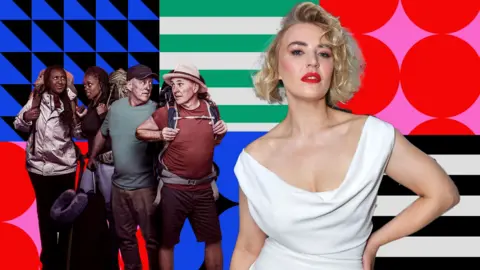
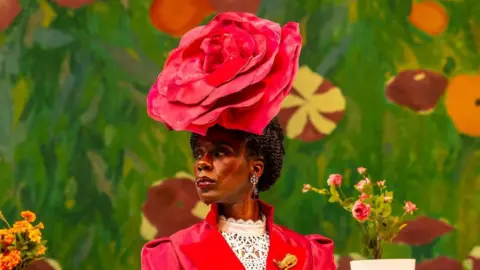
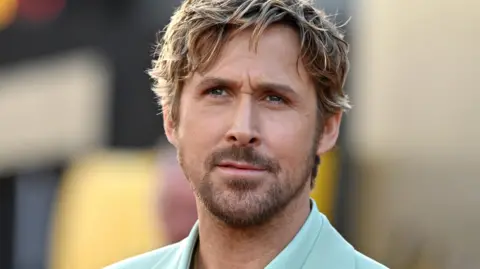
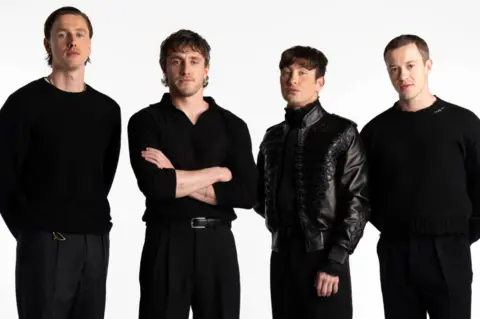
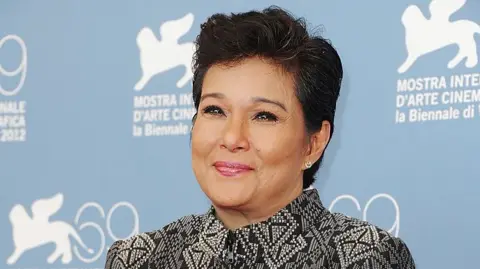
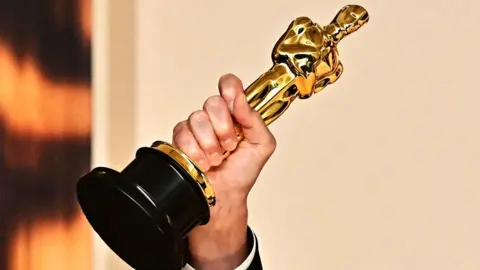
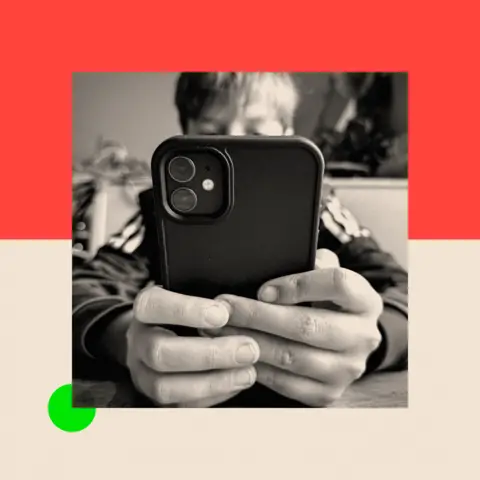
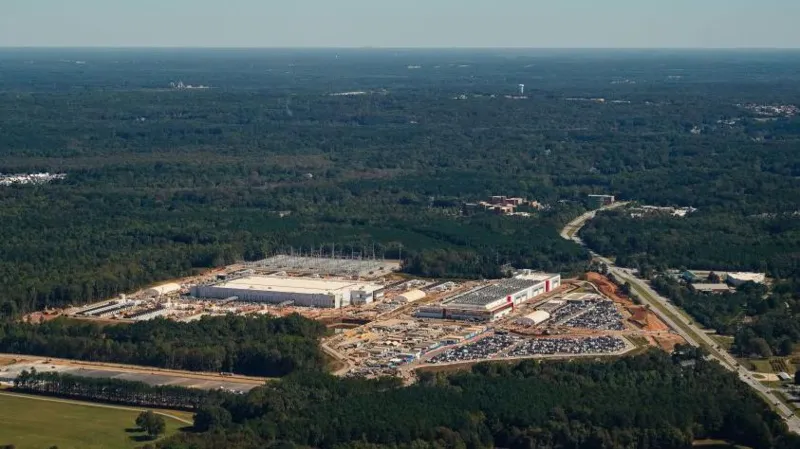
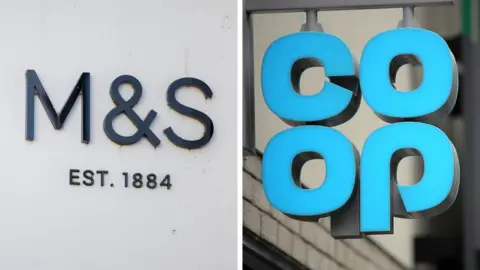
Post Comment